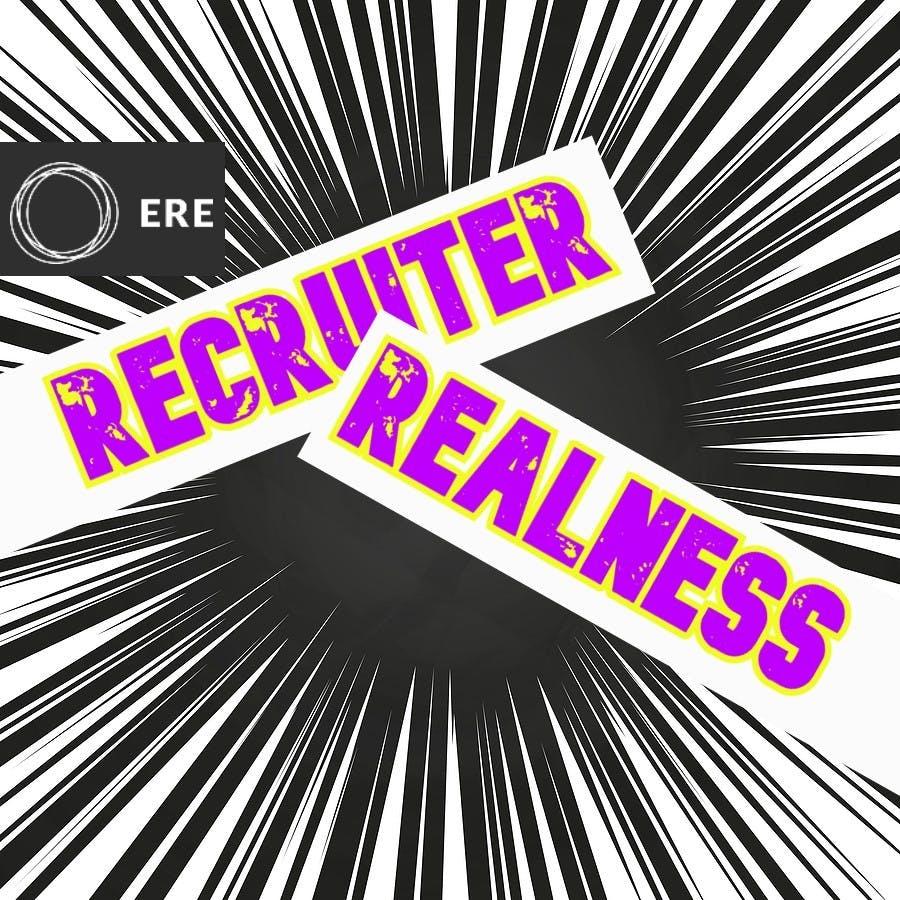Should the race or background of a recruiter be a factor in sending that recruiter to help attract people of that same race or background?
In answering this question, I had a desire to stay positive and to use facts and data to support my feelings and experiences. But the deeper I dug and the more experiences I brought to the surface, the harder that became. Partly, this is because I was recalling and relating to one situation in particular.
Story time.
At a previous employer, I was invited to be part of a select pilot program sponsored by the Black employee resource group for high potential Black employees. (Or rather, those who were left out of the formal high-potential program that favored white counterparts exponentially.) At the insistence of the organization’s DEI leader, we gathered in secret twice a month with an impartial outside consultant to discuss and flesh out the challenges we were experiencing at the organization and strategize how to influence better outcomes for not only ourselves but our Black colleagues.
In exchange for not disclosing the members of the group or anything that was discussed, we were promised things such as greater talent development and promotion opportunities. We were also told there’d be a creation of a culturally competent high-potential program that was exclusively for us.
We were excited to be trailblazers. We believed the small safe space we cultivated among ourselves could be replicated in our day-to-day work lives.
We were wrong.
In the end, the secrecy confined our empowerment and influence to the twice-a-month meetings. For me, the biggest disappointment was that the Black leadership development program that we were promised was instead redefined as a general high-potential program. What’s more, only two (Black) people from our original group ended up being part of it.
As a result, I had a courageous conversation with the DEI leader, which led to me getting added to the team to help develop the refined program. But all I got was some busy work. I was also told to consider the following question:
If you were a non-Black employee, how would you feel if you walked into a room and everyone were Black?
Why is it that only Black people are asked to ponder such a scenario? Why is it that only Black people are asked to speculate about whether others might bristle as a result of a Black group for Black employees? Why is it that the potential (and frankly, biased) discomfort of others is prioritized above an initiative to develop Black leaders?
I was told that in this case, the major justifications for not keeping the new program exclusive for Black employees was that there weren’t enough of them at the targeted senior levels. Nor was there enough diversity in the job families and areas of expertise among the Black employees who were senior enough.
What does this have to do with whether a recruiter’s race or background should be a factor in sending that person to recruit others of the same race or background?
It speaks to an inner conflict I have about the question. On one hand, I do believe there is a positive case to be made for having Black recruiters recruit Black candidates. Because after all…
- If Black recruiters were sent to attract Black talent, then there would be more Black talent in the pipeline.
- If there were more Black talent in the pipeline, then there would be more interviews.
- If there were more Black applicants being interviewed, then there would be more offers to them.
- If there were more offers made to Black candidates, then there would be more Black employees.
But despite the sound logic presented here, actively advocating for this approach would be a dead-end. Not because there isn’t a positive case to be made for it, but because I’d get stuck in a cyclical argument in which justifying a business case for this would be met with counter arguments filled with “what ifs.” It wouldn’t be my first time having to make a business case for actions to advance Black people, as the story above indicates.
So where does this leave us: Well, the notion that in order to increase the number of diversity hires requires a racially diverse staff to be part of the selection and interview processes is widely accepted among organizations that are committed to diversity, equity, and inclusion. But, where many employers, even those with the best intentions, fail to yield the best outcomes, is in the attraction phase. On a broad scale, we’ve yet to reach the point where being a recruiter from a diverse background is just as important as being a recruiter who recruits diverse talent.
So, yes, I would like for companies to understand how similarity attraction and affinity bias can have positive impacts when it comes to Black recruiters attracting Black talent. But I remain deeply concerned by the impulse of many who will let their own bias creep in to thwart the practice.
